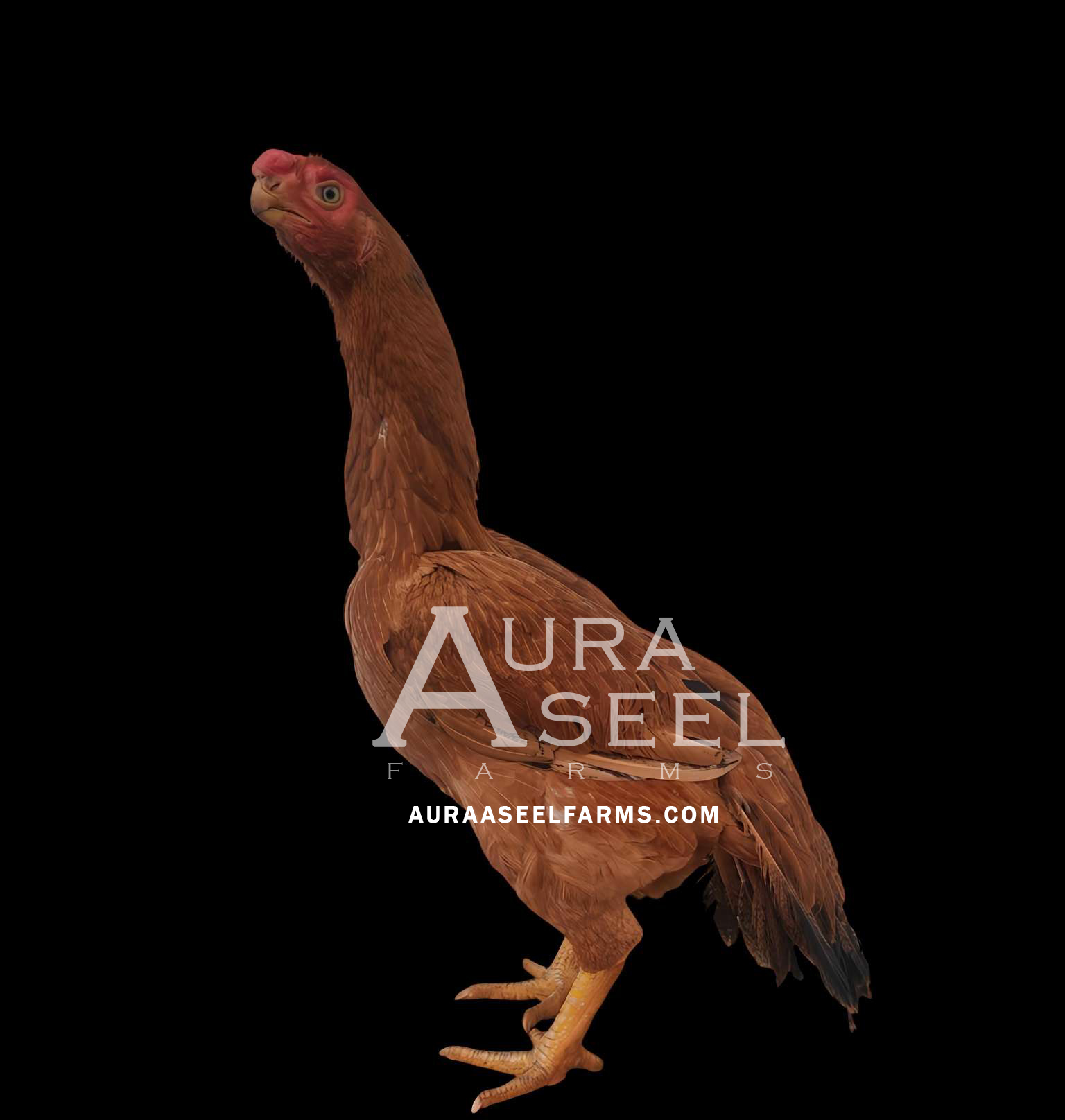Your cart is currently empty!
How to Cure Cold Infection in Roosters
·

Cold infection in roosters are a common health issue, particularly in changing weather conditions or when birds are exposed to damp, cold, or dusty environments. Cold infections are often caused by bacterial or viral pathogens and can lead to respiratory distress if left untreated. Below is a comprehensive guide on how to cure and prevent cold infections in roosters.
Symptoms of Cold Infection in Roosters
Identifying symptoms early is crucial for effective treatment. Common signs of cold infection in roosters include:
- Sneezing and coughing
- Nasal discharge (clear, yellow, or thick mucus)
- Swollen or watery eyes
- Difficulty breathing or wheezing
- Reduced activity and lethargy
- Decreased appetite and water intake
- Ruffled feathers
- Open-mouth breathing in severe cases
If your rooster displays any of these symptoms, immediate intervention is required to prevent the condition from worsening.
Step-by-Step Treatment for Cold Infections
1. Isolate the Sick Rooster
To prevent the spread of infection to other chickens, place the sick rooster in a separate, warm, and well-ventilated area. Ensure that the isolation space is dry, free of drafts, and kept at an optimal temperature (around 75°F or 24°C) to aid recovery.
2. Provide Supportive Care
- Hydration: Keep fresh, clean water available at all times. Add electrolytes or vitamin supplements to support immune function and prevent dehydration.
- Nutritious Diet: Offer high-protein feed, along with soft foods like boiled eggs, warm oatmeal, or soaked pellets to encourage eating. Garlic and turmeric can be mixed into the feed to serve as natural antibiotics.
- Apple Cider Vinegar (ACV): Adding 1 teaspoon of ACV per liter of drinking water can help boost immunity and improve respiratory function.
3. Use Natural Remedies
- Garlic and Honey: Crush a few garlic cloves and mix them with honey. Offer this mixture to the rooster as a natural immune booster.
- Ginger and Black Pepper: Adding a small amount of ginger paste or black pepper to their feed can help relieve congestion and clear nasal passages.
- Steam Therapy: In severe cases, placing the rooster in a warm environment with steam infused with eucalyptus or peppermint oil can help loosen mucus and improve breathing.
4. Administer Medications (If Needed)
If natural remedies and supportive care do not improve the condition within a few days, consider using veterinary medications:
- Tylosin (Tylan 50 or Tylan 200): An effective antibiotic for bacterial respiratory infections. Dosage: 0.5-1 ml per kg of body weight, administered orally or via drinking water.
- Doxycycline & Tylosin Combination: Used to treat Chronic Respiratory Disease (CRD).
- Enrofloxacin (Baytril 10%): A broad-spectrum antibiotic effective against bacterial infections. Dosage: 1 ml per liter of water.
- Multivitamins & Probiotics: Essential for immune support and gut health restoration during treatment.
Always follow the recommended dosage and duration of treatment as per veterinary guidelines.
5. Improve Coop Hygiene and Environment
Preventing cold infections is just as important as treating them. Ensure that the coop is clean, dry, and well-ventilated by:
- Removing damp bedding and keeping the floor dry
- Reducing ammonia buildup by cleaning droppings regularly
- Providing proper ventilation while avoiding direct drafts
- Ensuring proper spacing between birds to reduce stress and overcrowding
6. Preventative Measures for Future Cold Infections
- Vaccination: Ensure roosters are vaccinated against common respiratory diseases like Infectious Bronchitis (IB), Mycoplasma, and Newcastle Disease (ND).
- Regular Deworming: Intestinal parasites can weaken the immune system, making birds more susceptible to infections. Deworming every 3 months is recommended.
- Avoid Sudden Temperature Changes: Keep the coop temperature stable and avoid exposing roosters to sudden cold drafts or extreme weather conditions.
- Proper Nutrition: Provide a balanced diet rich in vitamins A, C, and E to enhance immune function.
When to Seek Veterinary Help
If your rooster exhibits severe symptoms such as:
- Persistent difficulty breathing or gasping
- Swollen face or sinuses
- Green or yellow mucus discharge
- Extreme lethargy and inability to stand
- No improvement after 5-7 days of treatment
Seek veterinary assistance immediately, as these may indicate more serious infections like Infectious Coryza or Avian Influenza, which require specialized treatment.
Final Thoughts
Curing cold infections in roosters requires a combination of early detection, isolation, supportive care, natural remedies, and medication when necessary. By maintaining good hygiene, proper nutrition, and preventive care, you can ensure that your roosters remain healthy and less susceptible to respiratory infections in the future.